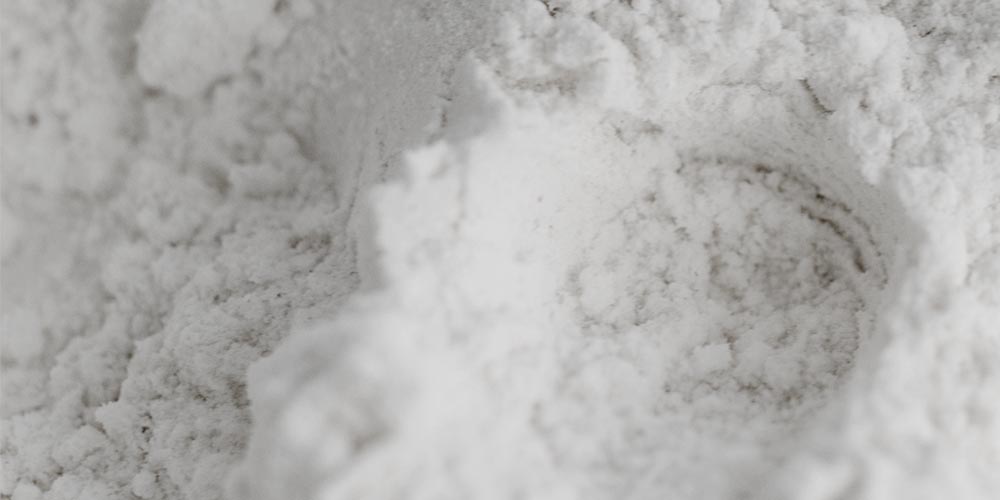The difference between talcum powder and calcium carbonate as plastic filling
Generally, most of the plastic masterbatch is added calcium carbonate, but it must be calcite crystal ore. Both talcum powder and calcium carbonate can be added to plastics. In terms of cost, calcium carbonate is lower than talcum powder. In terms of production process, calcium carbonate is easier to process than talc powder. The polypropylene pellets used for strapping should be added with talcum powder and calcium carbonate, the ratio of which is: polypropylene: talcum powder: calcium carbonate = 70:25:5. For woven bags, calcium carbonate should be used, and the addition amount can reach more than 30%. Note the temperature during processing.

- Both talcum powder and calcium carbonate are used for filling. The main purposes are:
- Increase dimensional stability (that is, reduce shrinkage)
- Increase the stiffness of the material,
- Increase the heat resistance of the material,
- Reduce material costs and other aspects.
But it also has its shortcomings:
- Density increases,
- If it is not used well, the impact toughness will decrease.
- The luster of the material has decreased.
- Talcum powder has the same particle size distinction as calcium carbonate, generally 300 mesh, 600 mesh, 800 mesh, 1250 mesh and 2500 mesh. Of course, there are finer ones, and generally used in plastics, 800 mesh and 1250 can be selected. Target these two, so that the performance and price ratio can be the highest.
- The price of talcum powder fluctuates. Generally speaking, it is not a big problem to set the price according to the number of meshes. For example, the general price of 800 mesh is between 700 and 850 yuan, and the price of 1250 mesh is between 1000 and 1000. Between 1280 yuan. The price is too high or too low is not normal.
About the difference between talcum powder and calcium carbonate:
- The shape of talcum powder is flake, so it has higher rigidity, dimensional stability and heat resistance temperature, and it has good reinforcement effect.
- Calcium carbonate is generally granular, so its stiffness and other aspects are not as good as talc, but its price is lower, and its whiteness is high, and it has little impact on plastic impact toughness.
- Talc has a nucleation effect on polypropylene, while calcium carbonate has no obvious effect in this respect.
- Calcium carbonate can generally be divided into light calcium carbonate and heavy calcium carbonate, but talc powder does not have this distinction, talc powder is ground from natural minerals.
Calcium carbonate/talc powder composite reinforced PP, its properties are as follows:
| Content | Tensile strength Mpa | Bending strength Mpa | Flexural modulus Mpa | Rockwell hardness | Model shrinkage% |
| 20% calcium carbonate | 27.8 | 40 | 2000 | 105 | 0.87 |
| 20% talc | 29 | 42 | 1300 | 100 | 0.82 |
| 10% calcium carbonate + 10% talc | 32 | 45 | 2500 | 130 | 0.74 |
